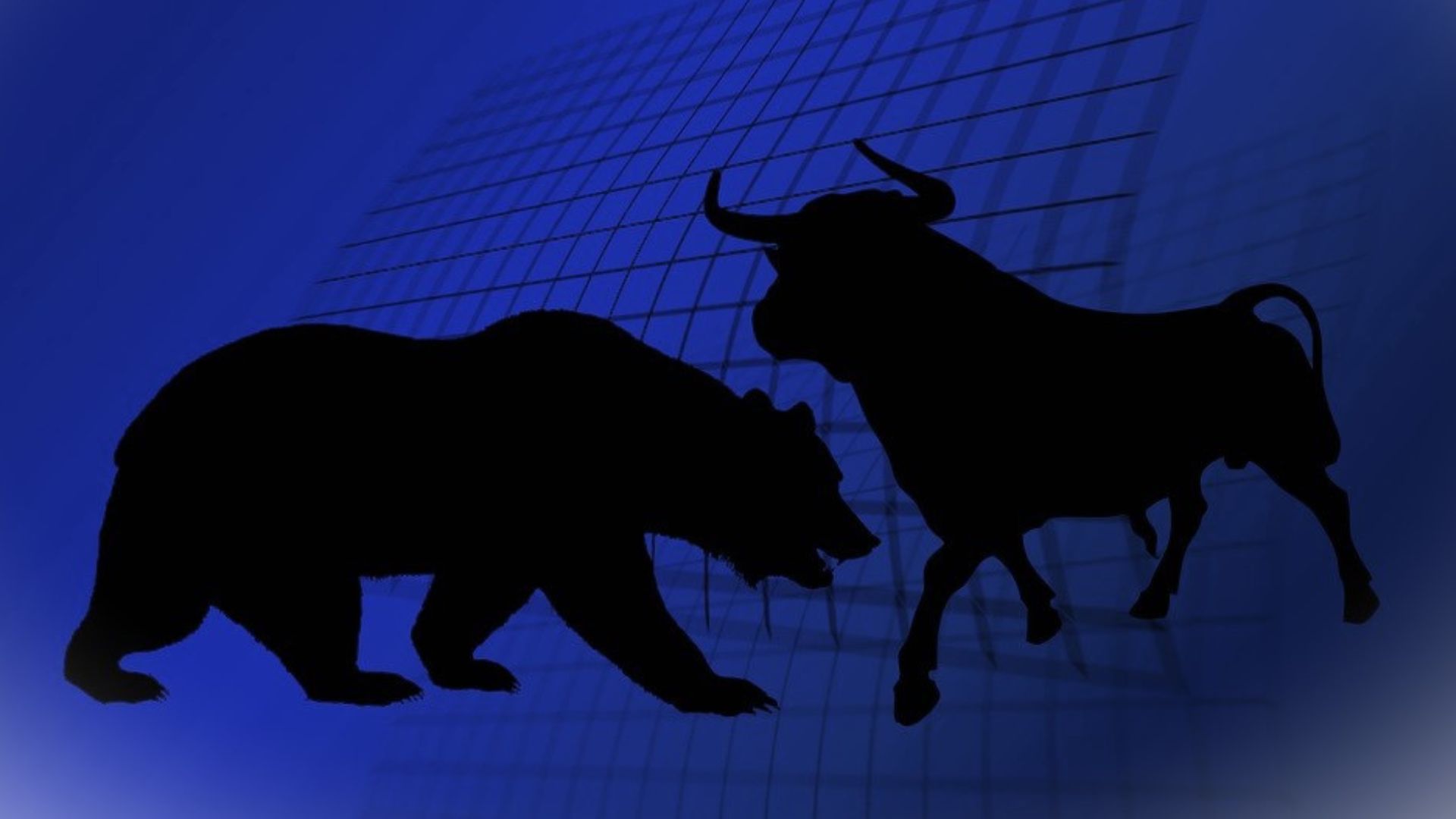Inflation in the United States slipped from a 40-year high in September to 8.2%. The value of stocks is declining. Borrowing is becoming substantially more expensive as a result of the Federal Reserve‘s policies. In fact, the economy contracted in the first two quarters of this year.
Also Read| US CPI Inflation eased to 8.2% in September, core index hits new four-decade high
Consumer inflation in the United States reached a four-decade high in May, climbing 8.6% year on year. The numbers came in substantially higher than consensus forecasts of 8.3%. This was enough to frighten US markets, which plunged to their lowest level in months.
Also Read| US inflation rate eases slightly | A timeline: 1930-2022
Gas, food, and most other products and services all increased in price in May, pushing inflation to a record four-decade high and leaving American households with little relief from mounting expenses.
“The U.S. economy has already stalled. Now we see a recession in the cards for early next year. We estimate 3 million more people would be unemployed if demand were to contract by 2%,” said BlackRock, in its weekly commentary.
Also Read| 3 reasons why India posted double-digit GDP growth in Q1
“Once the contraction in the economy is more visible, the recessionary environment may not be far behind. Will the Fed stop hiking rates after the damage is done and the US economy is well entrenched in a recession is what economists and investors are more concerned for,” according to Goldman Sachs Research.
“The likelihood of a recession happening in the U.S. in the next 12 months is now at about one in three. If the U.S. economy slips into a downturn in the next year, there’s at least one consolation: the contraction isn’t expected to be deep,” the brokerage firm added.
Also Read| The 2008 market crash: Inside the doomsday machine and a brief history
Crash and downturns are natural occurrences in the financial world, and the only way of losing money during a market collapse is to liquidate your investments. If history is any indication, one’s investments will recover their losses over time.
A market crash is a dramatic, unexpected collapse in stock values induced by a multitude of circumstances. There is no universal definition of what defines a crash.
Also Read| Great Depression to COVID: Top 5 market crashes in American history
However, there are steps you can take to secure your finances in times of turbulence and uncertainty.
Toxic debt is defined as any debt with an interest rate greater than 8%. Because the stock market has historically returned an annual rate of 8-10%, any debt more than that is debt that costs you money.
Also Read| Why interest rates are being hiked globally?
Frequently included in this group are high-interest credit cards and personal loans. Create a spending plan and a repayment strategy to handle hazardous debt. This will assist you in gaining control of your finances and building your credit. It will also put you in a strong position to create an emergency fund if you haven’t already.
Also Read| Why global economy is not in recession yet
Buying a new TV or automobile during a period of economic turmoil may not be the best time. In the event of a recession, it’s important to have your money visible: in a fully-funded emergency fund and, if possible, invested.
Investing is a terrific next step once you’ve made sure your ducks are in a row, i.e. your high-interest debt is paid off and your emergency fund is completely loaded. Many investors look for opportunities to purchase when equities are “on sale.”
Also Read| Why US inflation is going up and when will it come down
Investing is appropriate for all ages. And the earlier you begin investing, the better.
To establish a strong financial portfolio, experts recommend diversifying your assets and dispersing your money across many companies.
When the market begins to fall, the best approach to deal with is to keep to your strategy, remember why you’re investing, and stick to your systematic investment schedule.







